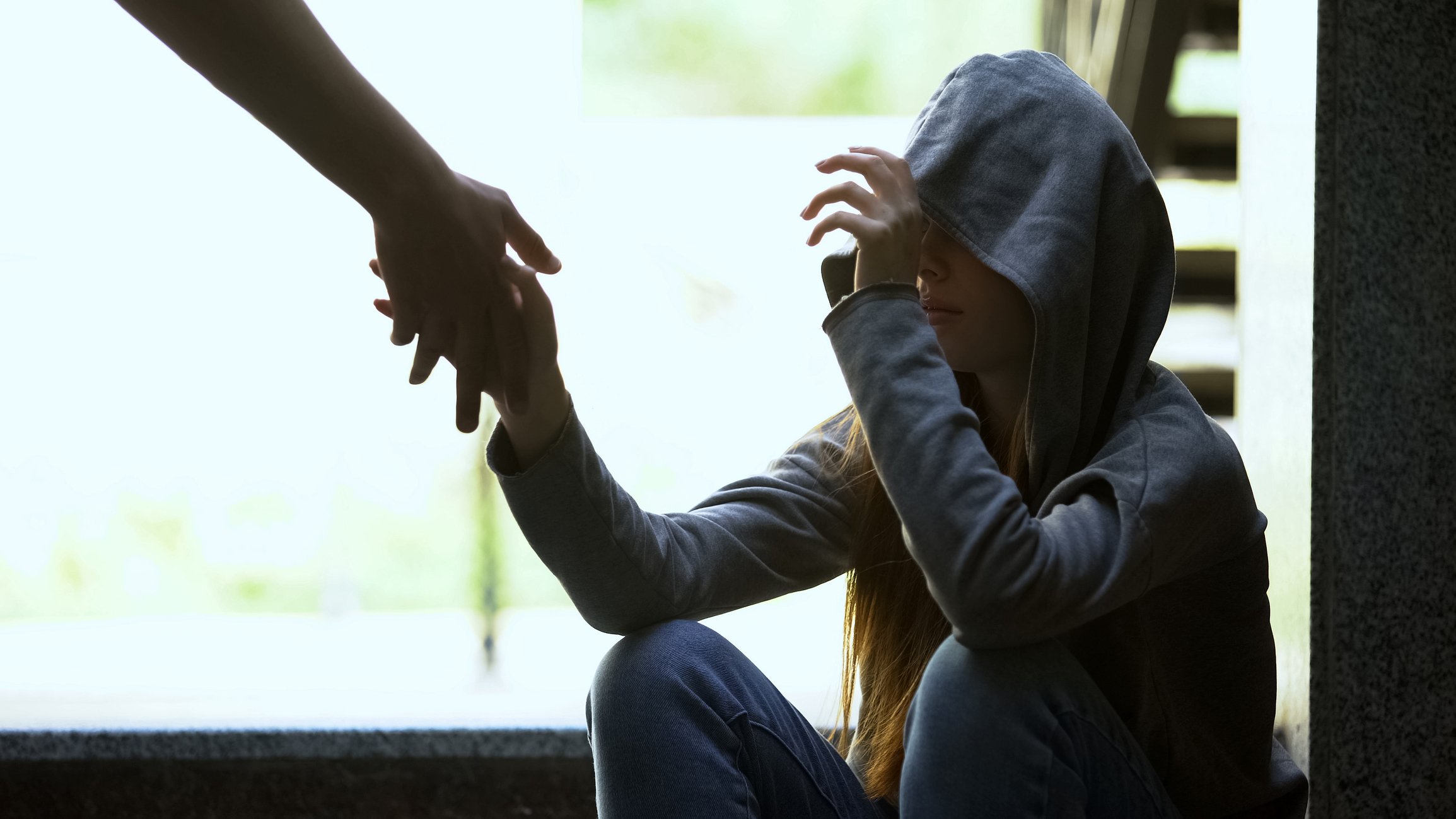Lonely or Just Alone? Understanding What You’re Feeling
Sometimes we confuse being alone with being lonely, but the two feelings aren’t always the same. You can spend an afternoon by yourself, doing your own thing, and feel completely happy and content. Other times, you might be surrounded by people and still feel a deep sense of loneliness.
Understanding the difference between the two is important—especially during your teenage years when emotions can feel bigger and more intense. Learning how to recognise what you’re truly feeling (and why) can help you take better care of your mental and emotional health.
In this post, we’ll explore the difference between being alone and feeling lonely, why alone time is actually healthy, and how you can use it to grow stronger, more confident, and more connected—to yourself and others.
What Does It Mean To Be Alone
Being alone simply means you're physically by yourself. It’s a state, not an emotion. You might be reading a book, listening to music, walking in nature, or just chilling in your room.
And guess what? Being alone can be incredibly healthy.
Alone time gives you space to think, reflect, and recharge. It helps you learn more about who you are without all the noise and opinions from the outside world. Many creative ideas, personal growth moments, and feelings of peace come from moments spent alone.
In a world that’s always connected, learning how to enjoy your own company is a superpower.
What Does It Mean To Feel Alone
Feeling lonely, on the other hand, is an emotional experience. It's not about whether people are physically present; it's about feeling disconnected, unseen, or misunderstood.
You could be at a party, surrounded by classmates, or even with family and still feel a heavy sense of loneliness if you don’t feel emotionally connected to anyone around you.
Loneliness is your heart’s way of telling you, "I need deeper, more meaningful connections.” It's not about numbers—it’s about the quality of relationships and the sense of belonging.
Why Alone Time Matters
When you can be alone without feeling lonely, you’re developing an important life skill: emotional independence.
Here’s why that matters:
Self-awareness grows – You get to know your likes, dislikes, dreams, and thoughts without outside influence.
Confidence builds – You realize you don’t need constant validation from others to feel good about yourself.
Creativity sparks – With space to think, your imagination and problem-solving skills sharpen.
Relationships improve – When you feel good on your own, you bring a healthier, stronger version of yourself into your friendships and relationships.
If Being Alone Feels Hard, It’s Okay
If spending time alone feels scary or uncomfortable, you’re not alone—and it doesn’t mean you’re doing something wrong.
Building a good relationship with yourself takes time, just like building any other friendship. Start small:
Spend 10–15 minutes doing something you enjoy by yourself.
Practice mindfulness, journaling, or going for a short walk.
Notice the thoughts and feelings that come up without judging them.
Over time, you’ll find that alone time can feel less intimidating and more like a comforting, safe place.
Final Thought
Being alone and feeling lonely are two very different things—and understanding that difference is a huge step in growing emotionally stronger.
Learning to enjoy your own company can turn alone time into something powerful, peaceful, and even fun. And when loneliness creeps in, it’s not a sign that you're broken—it’s a reminder that meaningful connection matters.
Both feelings are part of being human. The more you get comfortable being alone, the easier it becomes to build connections that are healthy, real, and fulfilling when the right moments come.
Your relationship with yourself is the longest one you'll ever have—so make it a good one.
Even though 1 in 4 people have mental health problems, most of us don’t get the help we need. This has to change. We’re Mind. We’re here to fight for mental health. For support, for respect, for you.







